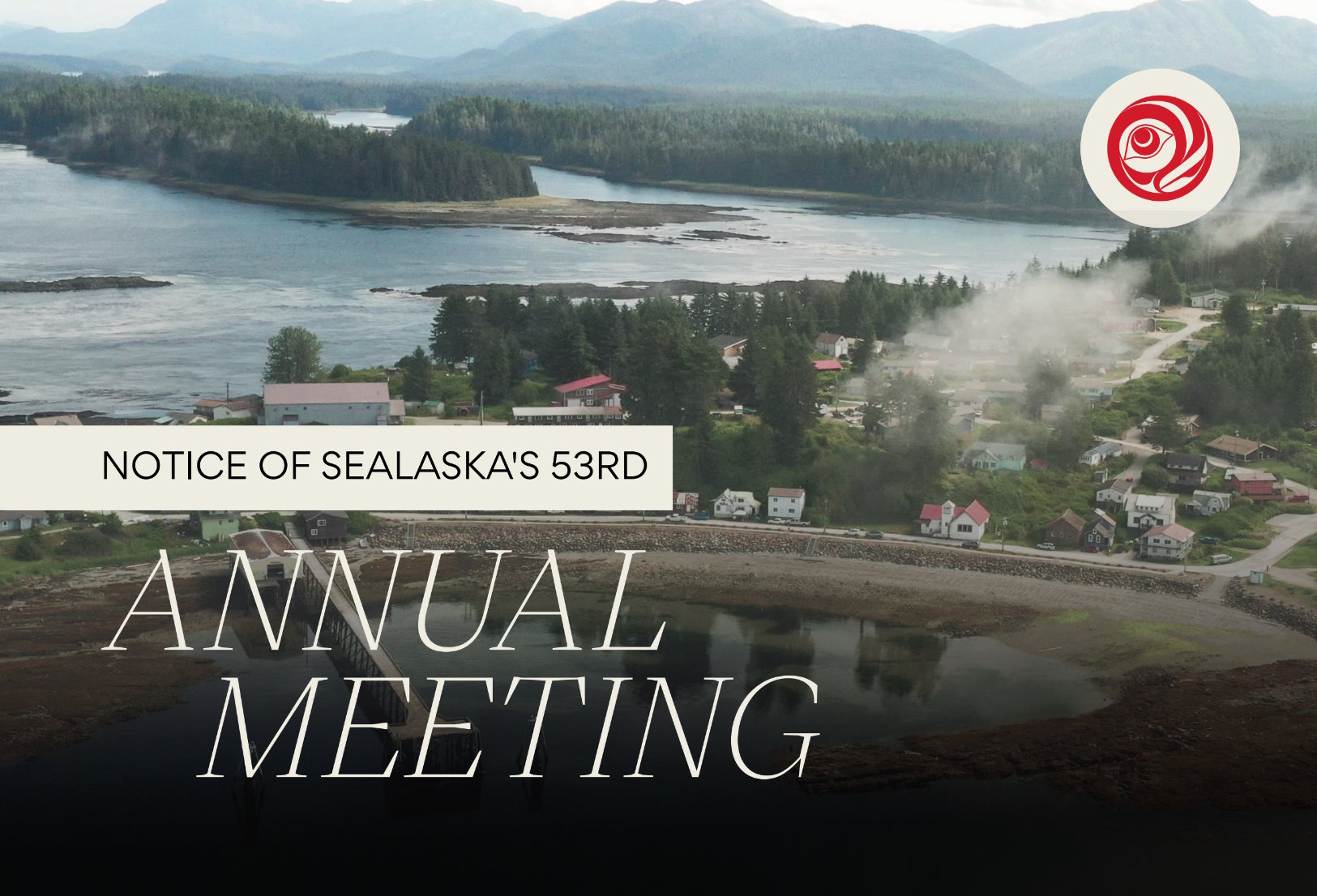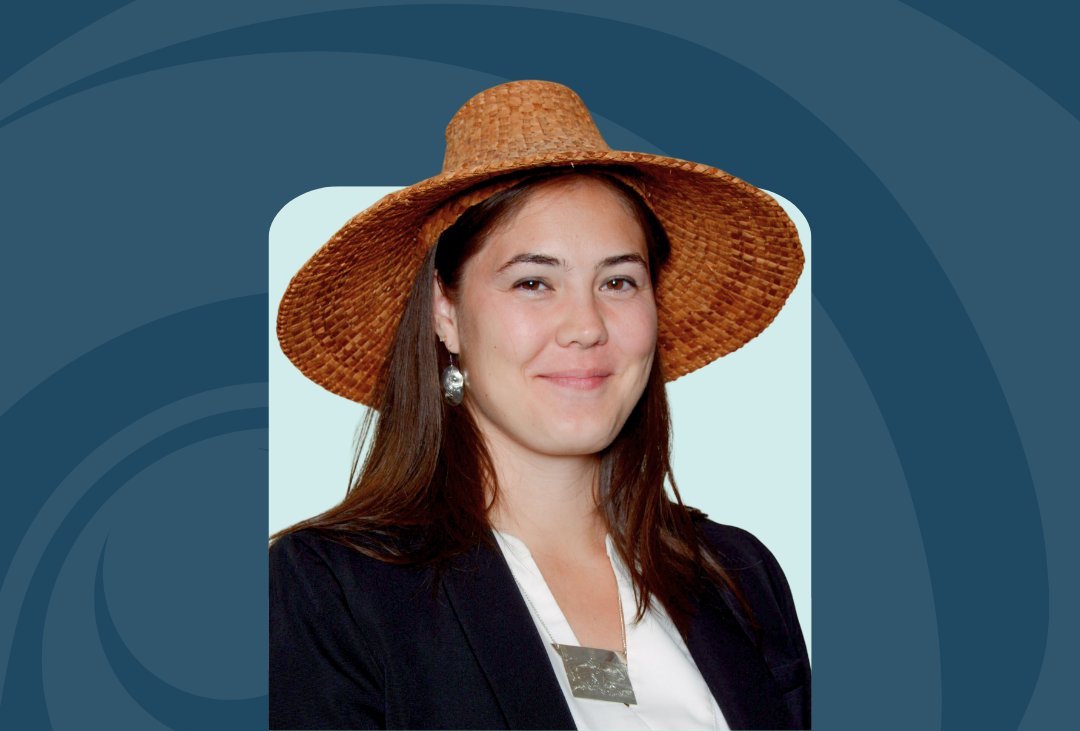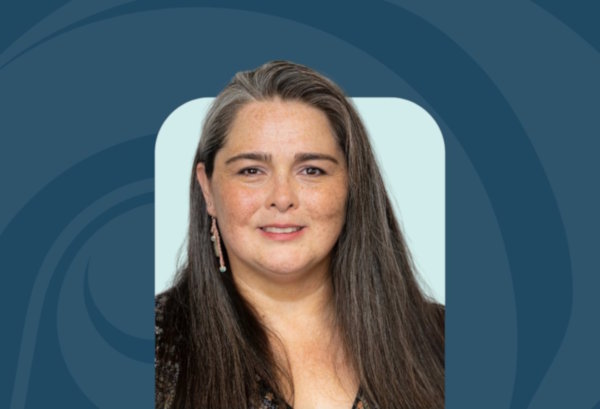Sealaska Marks National Day of Remembrance for Indian Boarding Schools with Juneau Event
Wednesday, September 29, 2021
 Sealaska will mark September 30, the National Day of Remembrance for Indian Boarding Schools, with its support for a day of events on Thursday, Sept. 30 in Juneau to raise awareness of the legacy and trauma of the boarding and residential school systems in the United States and Canada.
Sealaska will mark September 30, the National Day of Remembrance for Indian Boarding Schools, with its support for a day of events on Thursday, Sept. 30 in Juneau to raise awareness of the legacy and trauma of the boarding and residential school systems in the United States and Canada.
Also known as “Orange Shirt Day,” the day originated in Canada in 2013, and has since been formally adopted by First Nations, cities and provinces throughout Canada. Canada’s federal government is recognizing the day as well.
Join Us
Thursday’s commemorative events kick off early and end with an evening rally at Sandy Beach in Douglas. All participants are encouraged to wear orange. Special commemorative shirts are available for sale at Sacred Grounds’ Willoughby Ave coffee-shop location, but any orange shirt will do. (Reminder: please wear masks when gathering with others.)
- Morning Wave – Gather at the wetlands pullout (on the way to downtown Juneau after Sunny Point) to wave at cars from 6:45-7:45 a.m.
- Awareness Rally – A rally and presentations will be held at Pioneer Pavilion on Sandy Beach in Douglas – also known as Anax̱ Yaa Andagan Ye’ (Where the Sun Rays Hit First) at 5:30 p.m.
Our Partners
Thursday’s events in Juneau are being hosted by the Alaska Native Sisterhood Camp 2 of Juneau, and sponsored by Haa Tóoch Lichéesh, Juneau Montessori School, Sealaska Corporation, Central Council Tlingit & Haida Indian Tribes of Alaska, Goldbelt Heritage Foundation and University of Alaska Southeast. Event details are available on Facebook.
More Action on Behalf of Boarding Schools Survivors and Descendants
Awareness in the United States around the legacy of boarding schools is growing, thanks in large part to the work of the National Native American Boarding School Healing Coalition (NABS), which has been sharing the history and painful stories of survivors and victims for years. The push for greater recognition received another boost this summer, when U.S. Secretary of the Interior, Deb Haaland (Laguna Pueblo), announced her agency would launch an investigation into the history of boarding schools in the United States with a focus on documenting unmarked grave sites and repatriating the remains of children who died in school custody.
In August, Sealaska’s board of directors passed a resolution in support of the Interior Department’s investigation and called on landowners, academics, historians and religious institutions to fully cooperate in exposing the truth about boarding schools in Alaska and beyond.
“This investigation and report will not right any wrongs. But it will help move us forward,” said Sealaska Board Chair Joe Nelson. “Until we address our past honestly, we won’t be able to genuinely build the shared future that our grandchildren deserve.”
Sealaska also recently committed $2,500 in support of a scholarship fund established by NABS earlier this year specifically for descendants of people who were forcibly removed from their families and communities to be assimilated in government- or religious-sponsored boarding schools. Through Thursday, Sept. 30, all donations to the NABS scholarship fund are being matched by a private donor. NABS received more than 600 applications for the scholarship in its first year alone.
More About Boarding Schools and Orange Shirt Day
In the United States and Canada, boarding schools (or residential schools, as they are referred to in Canada) were a mechanism by which the federal government attempted to strip Indigenous people of their language and culture and assimilate them into mainstream/white society, culture and religion. For much of the period that these schools were in operation, children were forced to attend, and at times even kidnapped from their families. Many died in the custody of these schools, and their families and communities were never told how they died. Children were often buried in unmarked graves at or near the schools.
In Alaska, there were once more than 30 boarding schools. No boarding school experience is universal, but abuses at schools in Alaska were in some cases commonplace, while other schools are understood to have been more positive. Conditions at different schools also varied across the wide timespan that the schools were in operation, with some periods marked by abuse and others not known to have had those conditions.
Some schools, like the Wrangell Institute in Wrangell, have well documented histories of sexual and physical abuse. Many others have little documented history at all. In Skagway, the Skagway Traditional Council recently requested the city use ground-penetrating radar to examine the site of the former Pius X Missionary School, which the city is currently considering converting from an RV park to affordable housing. STC also asked to be gifted some of the land to establish a monument in honor of past students and their families.
Some Alaska boarding schools continue to operate today, although attendance is no longer mandatory. Many Alaska Natives have had very positive experiences at schools like Mt. Edgecumbe in Sitka.
Orange Shirt Day is based on the story of a woman involved with establishing the first event dedicated to recognizing the legacy of Canadian residential schools in 2013. Phyllis (Jack) Webstad was part of the St. Joseph Mission Residential School Commemoration Project that took place in Williams Lake, B.C. in 2013. She told the story of her first day at residential school, when a brand-new orange shirt that was bought for her by her grandmother was stripped from her.
“The color orange has always reminded me of that and how my feelings didn’t matter, how no one cared and how I felt like I was worth nothing,” Webstad wrote. “All of us little children were crying and no one cared.”
Latest News
Notice of Sealaska's 53rd Annual Meeting of Shareholders
Pinned - Posted 2/12/2026The 2026 Sealaska Annual Meeting of Shareholders will be held on Saturday, June 27, in Angoon, Alaska. This year’s meeting will take place at the Angoon Elementary Gym, located at 500 Big Dog Salmon Road, Angoon, AK 99820.
Sealaska Welcomes Madeline Soboleff Levy
Posted 2/7/2026Sealaska welcomes Madeline Soboleff Levy as our new Vice President of Policy and Corporate Affairs.
Online Notary Service for Stock Wills
Posted 1/28/2026Sealaska is pleased to welcome Heather Shá xat k’ei Gurko
Posted 12/17/2025Sealaska is pleased to welcome Heather Shá xat k’ei Gurko as our new Director of Shareholder Communications.














